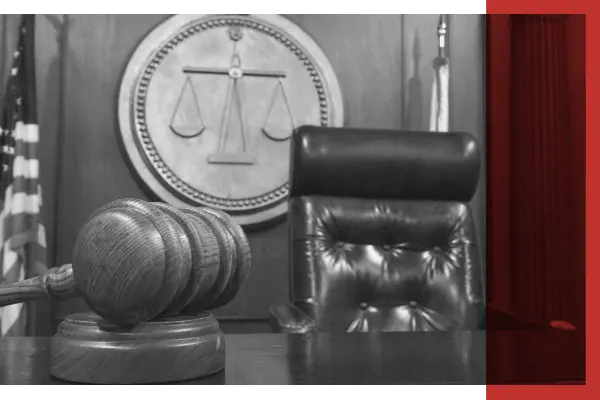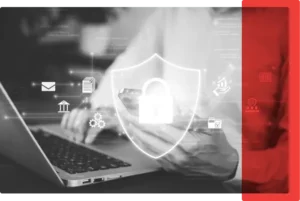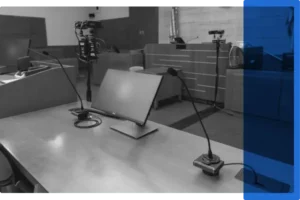
28 Jul 2021
NACM legal minds predict court tech trends
Hundreds of leading minds in court management were represented at the National Association for Court Management’s Annual Conference this month to explore the ways technology could enhance accessibility to justice to meet today’s pandemic and social justice challenges.
With the judiciary under increasing pressure to reduce backlogs while maintaining fair and accessible courts, For the Record Vice President of Justice Solutions, Fraser Wyatt, spoke about how five best-practice technologies would be instrumental in meeting the growing needs for accessibility, affordability, and reliability of court records into the future.
With court reporter and stenographer shortages globally, along with court backlogs and nationwide protests over injustice, Mr Wyatt said the consistent evolution of technology in courtrooms was critical to the far-reaching implications of a justice system that was now at a crossroads.
“The principles of justice have not changed, but the pandemic exposed courts to new technologies that would otherwise have taken decades to adopt,” Mr. Wyatt said.
For the Record President Tony Douglass noted the adoption of technology would only continue to accelerate.
“Courts have started asking one simple question… ‘isn’t it time?’,” Mr. Douglass said. “Specifically, isn’t it time to evaluate what technology can do? Isn’t it time we looked at faster, more flexible, more cost-effective ways of administering justice? “With the value of technology now globally recognized, we know first-hand from our early adopters that the digital courtrooms are here to stay.”
Unless legislated, many jurisdictions around the world will now have difficulty explaining to the public why they would object to utilizing technology to increase transparency, accuracy, and access while reducing costs.
“Any court taking a building-centric approach to proceedings moving forward will be hard-pressed to justify any physical upgrades to courtrooms, as opposed to technological investments,” Mr Douglass said.
Widely known as the industry standard, For The Record’s digital court recording helps courts achieve 100% accuracy and transparency of the court record with hybrid and remote appearance technology; support for court users for whom language or disabilities may be a barrier to interacting with our justice system; and lower-cost Speech-to-Text solutions for people who may not be able to afford certified transcripts.
For The Record’s courtroom technologies are available today and elevating social justice now.



